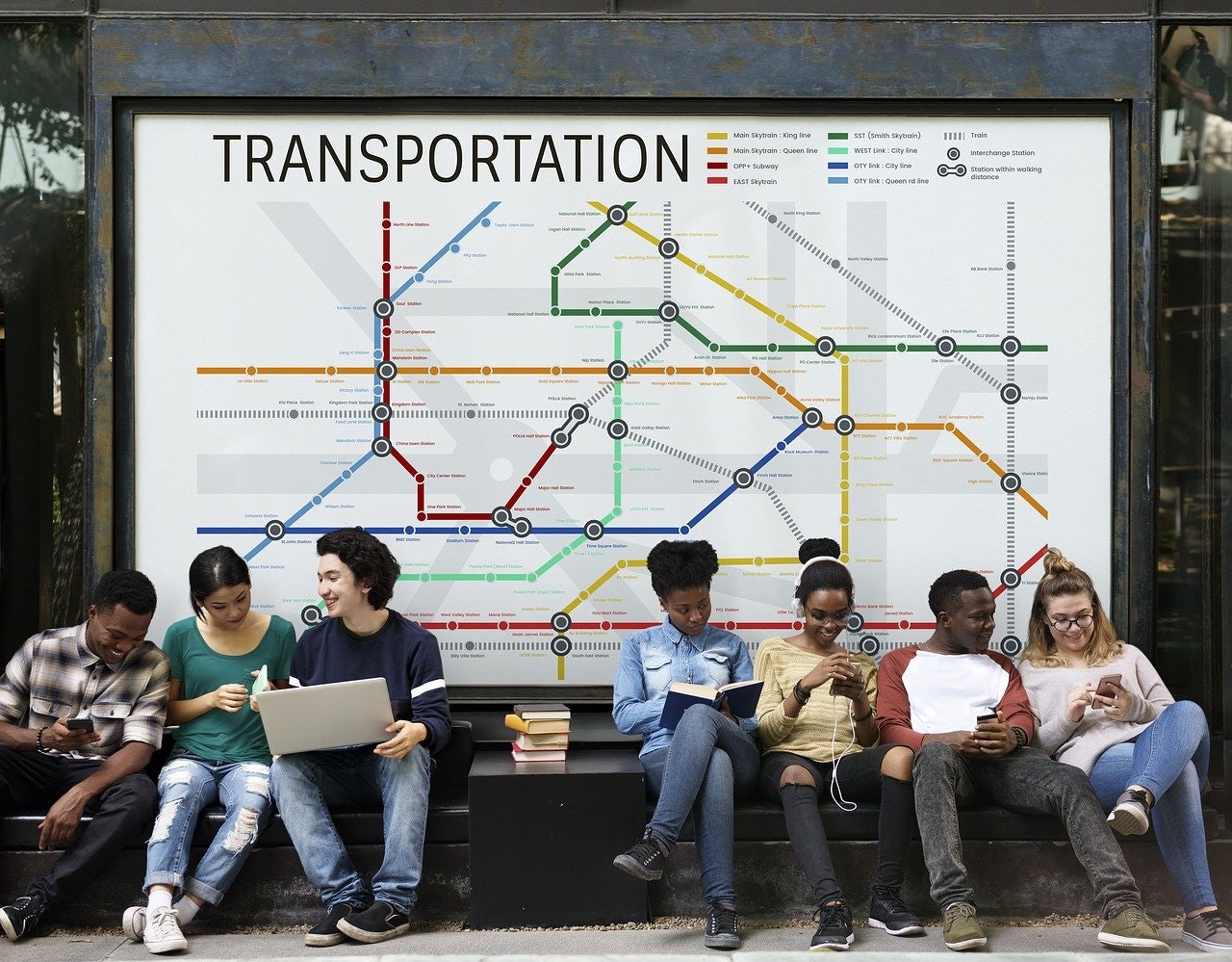
Future-Ready Automated Scheduling Software Solutions
We have seen the emergence of specialized markets, the rise of on-demand ride-sharing and ride-hailing services and the arrival of future transportation technology such as autonomous vehicles. These developments have resulted in the gradual move away from personal vehicle ownership and a decrease public transit ridership, especially in urban areas. For the first time, 2018 saw ridership on TNCs exceed that provided by public transit. It’s easy to continue to use a manual scheduling process, but it’s not practical. Successful agencies are preparing for tomorrow’s success by learning about and adopting automated scheduling today.
What is automated scheduling?
Automated scheduling is the process whereby an algorithm determines the quickest and most cost-effective solution for vehicles to get riders from one location to another within a continuously-changing, real-time environment. In addition, successfully automated scheduling delivers high on-time performance (OTP). Recent FTA audits are requiring public transit agencies to provide an OTP above 90 percent for demand-response services, such as ADA paratransit.
The “pen and paper approach” (and most manual scheduling systems) opens itself to the vulnerabilities of unexpected events throughout the day, such as cancellations, no-shows, driver error, traffic, and inclement weather as an automated system does. This approach is not sustainable given the massive demand for transportation with 10,000 Baby Boomers retiring each day and the general public’s shift away from fixed schedules. As we move forward, effective automated scheduling will be the only possible solution to manage the volume of ridership while delivering them an excellent experience.
How does automated scheduling work?
Truly automated scheduling systems are incredibly complex but are easy to operate. It adapts and adjusts to a changing environment seamlessly; more than 95 percent of the work is being performed, which alleviates guesswork and frees staff members to concentrate on other tasks. Automated systems run continuously and monitor changes throughout the day in real time, whereas systems that merely are claimed to be automated do not have these capabilities.
Automated scheduling should result in SMART goals being attained (Specific, Measurable, Attainable, Relevant, and Timely). As a scheduling software provider, Ecolane examines if clients are saving on fuel costs, can do more rides per hour and with fewer vehicles, are putting less mileage per day on each vehicle, can increase their on-time performance, and other quantifiable metrics. On average, this has resulted in a 44 percent increase in productivity on the day of service for transit companies that have implemented Ecolane.
So, you bought new software. How the heck do you use it?
When you decide to invest in new scheduling software, be sure you know the process of training and implementation before you commit. Some companies offer very little concerning implementation and only offer scant training or a couple of webinar tutorials.
By contrast, Ecolane sends experienced technical specialists on site to train and implement transit agency staff. There is a 3D process prior to the Go Live:
- Migration of Data from the agency’s legacy system to the new DRT system. This includes customer profiles, subscriptions, dialysis trips, points of interest, etc.
- Training Dispatchers on program functionality and critical concepts
- Ensuring Drivers understand the mobile data terminal (MDT) and how they get trips updated to the manifest
Prior Go Live, Ecolane utilizes a Learning Management System (LMS) that tests the 3Ds on key concepts and complements the onsite training to ensure all key stakeholders are ready for launch. After launch, Ecolane remains onsite to address any questions that might arise in real-life scenarios as they become acclimated to the system.
Do the riders benefit?

In some ways, the riders benefit the most because they can come to rely on the vehicles arriving on schedule. Successful scheduling alleviates customer panic and rush to find alternative transportation. Ecolane software specifically offers a number of rider add-ons, such as SMS messaging, self-booking, ability to monitor the vehicle, and Alexa integration. Riders can also share their travel itinerary with a watcher, such as an adult child or hospital reception.
The world of transportation is changing rapidly and the public’s expectations are only growing. Choosing the right software solution to meet your needs and the demand of your customers is vital to future success. That is why it is important to partner with a company that offers unlimited support and continually releases updates and new products to keep pace with the changes in the industry.
---
Ecolane offers a complete line of products and services designed to enable transportation managers to serve their communities better. By implementing innovative solutions, dispatchers and drivers are able to focus on providing reliable, efficient service while leaving the complicated logistics to the routing algorithm within the demand-responsive software. By optimizing schedules in real-time, increases in productivity metrics, such as rides per hour (RPH) on the day of service happen in a manner that is not achievable using other software. Additionally, in today’s “mobile” world, dial-a-ride passengers maintain flexibility and control over their own schedules similar to a TNC app.
Learn more about Ecolane DRT or schedule a demo today.
{{cta('321c0ba4-c1ab-4f8a-8baa-aa6eb7fcae99')}}
About the Author:

Ryan Larsen is a transit industry veteran with 34 years of experience in transit, paratransit, transportation software, consulting, and executive level management of paratransit service. Ryan was the first Ecolane employee in the United States and from 2006-2013 served as President of Ecolane. He also served on the Board of Directors from 2009-2016 before Ecolane’s purchase by National Express. Prior to rejoining Ecolane, Ryan was President of IntelliRide from 2013-2016. IntelliRide is a division of Transdev. Ryan is very active in the American Public Transportation Association (APTA) and serves on numerous committees setting policies to guide paratransit in the United States and to help create excellent service delivery for people with disabilities. Ryan is committed to providing a great customer experience for those agencies who select Ecolane and he is involved in all aspects of the Ecolane business to ensure service excellence.



